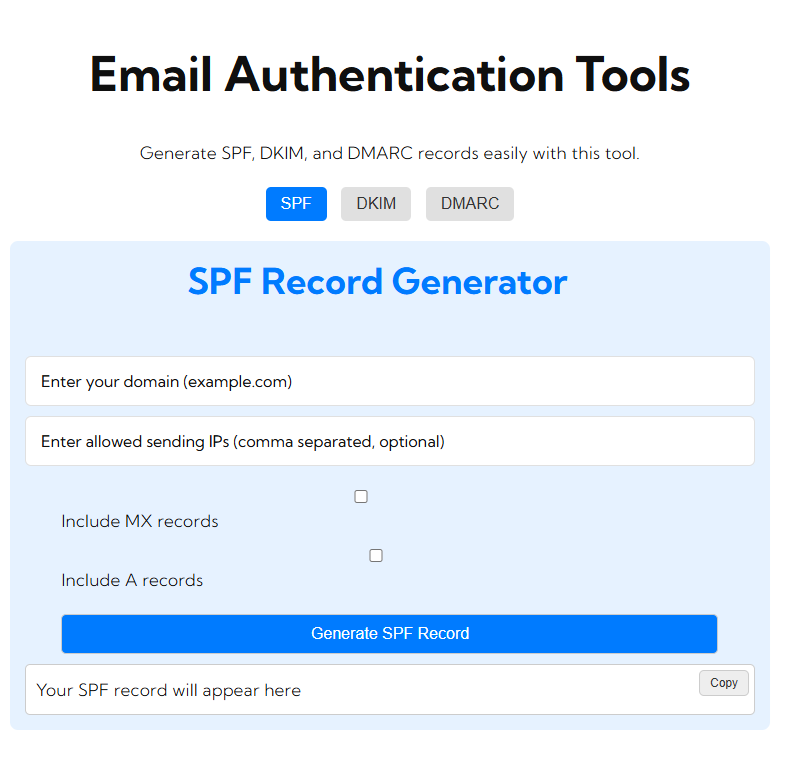In web hosting, for instance, one domain owner can own multiple domains on a single hosting account, and this may be practical and cost-effective. Managing several domains using one host can also help you save a great deal of money. Many have questioned whether it is possible at all to host two or more domains with one host. In this blog, we’re going to discuss this issue in detail, giving information on the benefits, how to do it, and what aspects need to be put into consideration while managing several domains.
Understanding Domain Hosting
What is Domain Hosting?
Domain hosting is just the service which allows people and organizations to place their websites on the internet. A hosting provider will reserve space on a server for the websites and manages the technical process to get it live on the web. Thus, when you are buying a domain, what you essentially buy is your right over the particular web address that takes people to the contents you have stored over some hosting server.
Can I Host Multiple Domains on One Host?
The short answer is: yes; most hosting providers allow hosting multiple domains within a single hosting account. This lets you maintain relatively different sites or web applications with different domain names all under the same umbrella and having them managed from one single hosting plan. This might be very beneficial for small businesses, freelancers, and entrepreneurs who want to streamline their online presence without spilling too much cash.
Benefits of Hosting Multiple Domains on One Host
- Cost-Effectiveness
- Hosting multiple domains under one account is first considered advantageous because of the saving in cost. Normally, you would have more than one domain on a single hosting account for less money compared to having different hosting plans for each domain; hence, you end up saving much of your monthly or annual fee.
- Easy Management
- You would be able to manage multiple domains from the same hosting account, which makes the administrative tasks of your websites quite easier. You would have access to the hosting control panel, like cPanel, for all the domains, databases, and the email accounts you are managing. All the management of your domains, databases, and email accounts can be streamlined all at once, which can save a lot of time and organizing efforts.
- More Resource Allocation
- The shared hosting plans allow you to distribute resources like bandwidth and storage across multiple domains from many hosting providers. This way, you could really make good use of your hosting resources for different websites without necessarily paying for additional plans.
- Better SEO Opportunities
- This is regardless of the number of domains you host. If you host multiple domains, the implications in terms of SEO are enormous. You can create different niche sites under separate domains to drive keyword-driven audiences. These approaches ultimately drive more visibility and traffic to your primary business or brand.
Hosting Multiple Domains on a Single Host
Hosting multiple domains on a single hosting account is not challenging. Here’s how to go about it:
Step 1: Choose a Hosting Provider
Ensure that your hosting provider has the feature to add multiple domain addresses on one account. All these companies have this feature, mainly shared hosting, VPS, and dedicated hosting. Some of the best companies among them include Bluehost, SiteGround, HostGator, and DreamHost.
Step 2: Purchase Other Domain Names
You can buy them through your hosting provider or through a domain registrar such as GoDaddy, Namecheap, or Google Domains. Choose a name which somehow connected to the content or business.
Adding Domain(s) to Your Hosting Account
You now have your extra domains, so log in to your hosting control panel – it might look something like this: cPanel or Plesk :
- Locate the section for Domain Management. You should find an option that is labeled as “Domains,” “Addon Domains,” or “Manage Domains.”
- Add New Domain: You will find step-by-step instructions to add your new domain. Generally, you need to input the domain name along with a directory selection.
- Set up DNS Records Ensure that the DNS records of your new domain are pointing to the nameservers of your hosting company. This is the only way the domain can be resolved into your hosting account.
- Install a CMS if required: Just in case you’ll use the content management system, e.g., WordPress or Joomla, for your new domains, you may also install the CMS in the directory assigned for the new domain. Most hosting providers offer one-click installations of the most popular CMSs.
- Install Email (if needed): To include emails relevant to your new domain (such as info@yournewdomain.com), you can search through your control panel at your host for an ability to manage email. Most hosts allow you to easily create email accounts.
Things to Keep in Mind About Hosting Multiple Domains
Hosting multiple domains on the same host has a number of benefits, but here are a few things to keep in mind:
- Server Resources
- Make sure your hosting plan can host the resource needs of all domains you want to host. If one particular domain receives massive traffic, that might impede other sites on that hosting account. If your hosted server needs a bit more muscle with higher resource limits, then get a better plan.
- Site Performance
- Often, multiple domains need to be frequently checked on the performance of websites. If you are of the opinion that certain websites take too long to load or even experience periods of downtime, then it might be time for hosting plan upgradation or to shift to more powerful hosting solutions.
- Security
- Having several domains shared on a single account would leave any of the websites vulnerable to another domain. Installing security procedures such as SSL certificates, firewalls, and scheduled backups has been shown to mitigate this risk well.
- Limitation of Support
- With multiple domains, finding a hosting provider that offers fully equipped customer support is critical. If a problem arises, timely and effective support would save time and prevent downtime.
Conclusion
In summary, yes, multiple domains can be hosted on a single host and comes with its list of benefits such as cut-down cost, simplified management, and more exposure in search engines. As long as you select the correct hosting provider and plan, hosting or managing multiple domains should be easy.
With the above steps, you can add and manage multiple domains under a single hosting account. Having been done properly, implementing this strategy will definitely help any small business owner, freelancer, or blogger harness their full online presence and keep web management processes simple.






